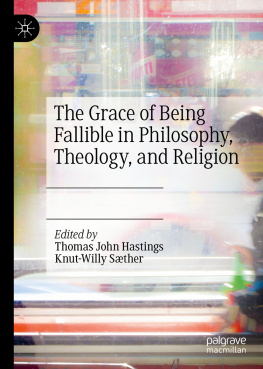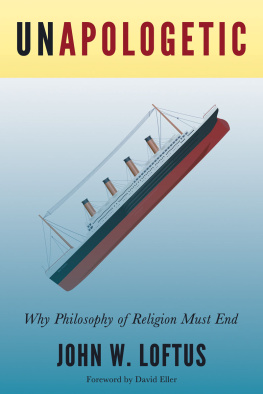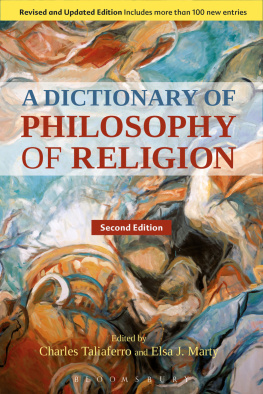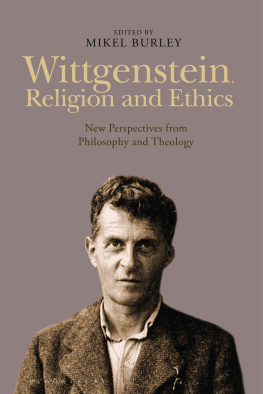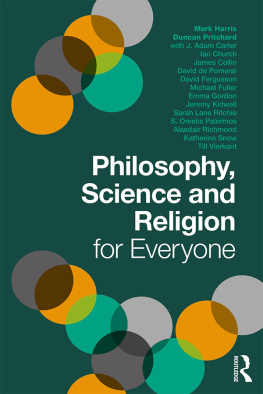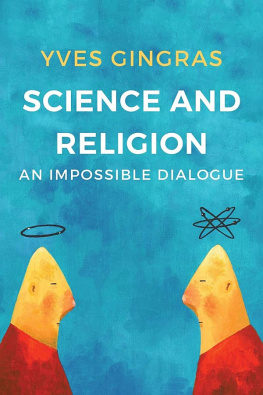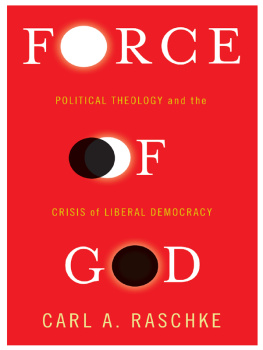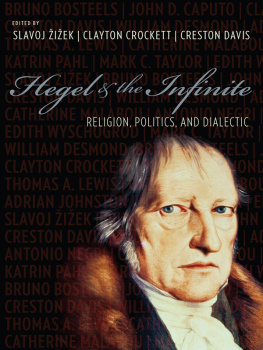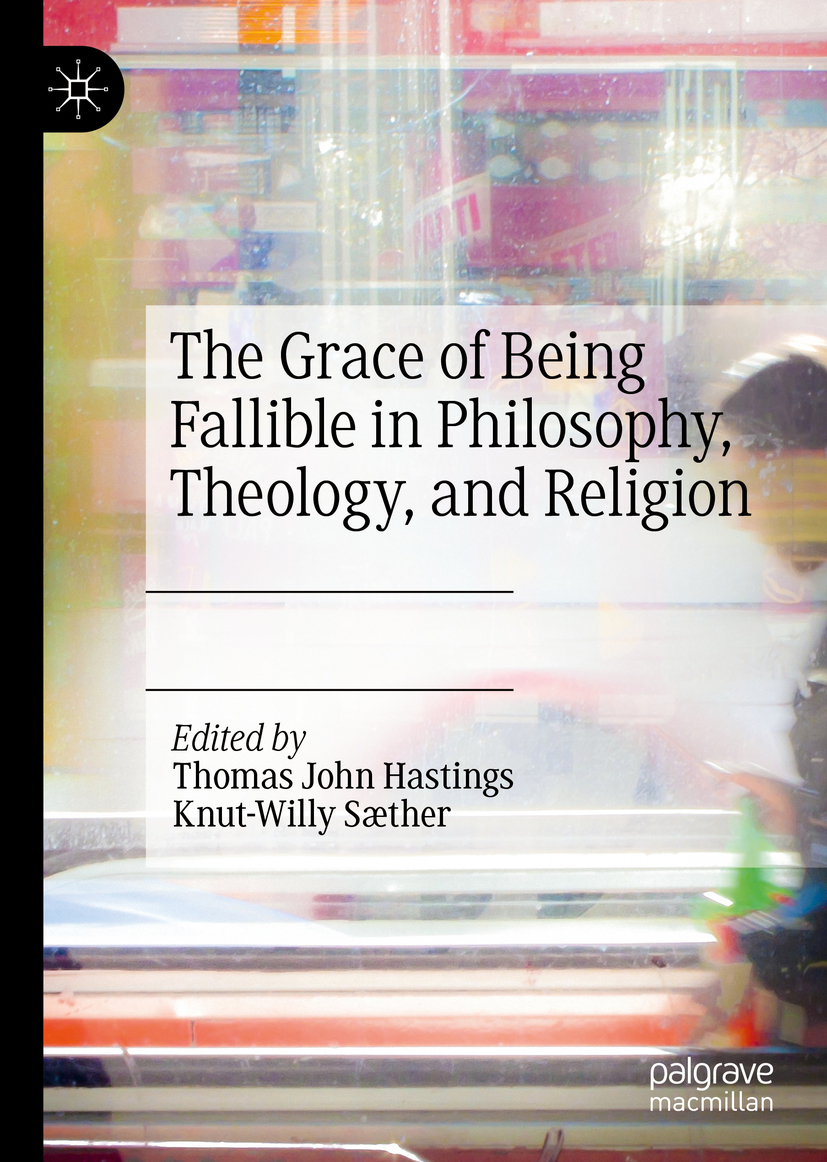Editors
Thomas John Hastings and Knut-Willy Sther
The Grace of Being Fallible in Philosophy, Theology, and Religion
1st ed. 2021
Editors
Thomas John Hastings
Overseas Ministries Studies Center, Princeton Theological Seminary, Princeton, NJ, USA
Knut-Willy Sther
Department of Religious Studies, Volda University College, Volda, Norway
ISBN 978-3-030-55915-1 e-ISBN 978-3-030-55916-8
https://doi.org/10.1007/978-3-030-55916-8
The Editor(s) (if applicable) and The Author(s), under exclusive license to Springer Nature Switzerland AG 2021
This work is subject to copyright. All rights are solely and exclusively licensed by the Publisher, whether the whole or part of the material is concerned, specifically the rights of translation, reprinting, reuse of illustrations, recitation, broadcasting, reproduction on microfilms or in any other physical way, and transmission or information storage and retrieval, electronic adaptation, computer software, or by similar or dissimilar methodology now known or hereafter developed.
The use of general descriptive names, registered names, trademarks, service marks, etc. in this publication does not imply, even in the absence of a specific statement, that such names are exempt from the relevant protective laws and regulations and therefore free for general use.
The publisher, the authors and the editors are safe to assume that the advice and information in this book are believed to be true and accurate at the date of publication. Neither the publisher nor the authors or the editors give a warranty, expressed or implied, with respect to the material contained herein or for any errors or omissions that may have been made. The publisher remains neutral with regard to jurisdictional claims in published maps and institutional affiliations.
Alex Linch shutterstock.com
This Palgrave Macmillan imprint is published by the registered company Springer Nature Switzerland AG.
The registered company address is: Gewerbestrasse 11, 6330 Cham, Switzerland
Preface and Acknowledgments
The idea for this volume came about from several conversations in Princeton between the co-editors, Knut-Willy Sther of Volda University College in Volda, Norway, and Thomas John Hastings of Overseas Ministries Studies Center (OMSC), then located in New Haven, Connecticut, USA, when Knut-Willy was a visiting scholar at Princeton Theological Seminary and Tom was a senior research fellow in science and religion at the Japan International Christian University Foundation in New York City. Following Toms move to OMSC, in November 2017 he and Knut-Willy invited a small group of European, Asian, and American scholars in philosophy, theology, and religion to explore the themes of fallibilism and dualism. The meeting culminated with an initial discussion of our chapters for the current volume. We wish to express our thanks to Volda University College for supporting this project with a grant that covered the costs of travel, lodging, and proofreading and to OMSC for hosting the meeting.
Thomas John Hastings
Knut-Willy Sther
Princeton, NJ, USA Volda, Norway
Contents
Thomas John Hastings and Knut-Willy Sther
Knut-Willy Sther
Jonas Gamborg Lilleb
Amos Yong
Lisa E. Dahill
Drew Collins
Paul Louis Metzger
Seung Chul Kim
Thomas John Hastings
Contributors
Drew Collins
Yale Divinity School, New Haven, CT, USA
Lisa E. Dahill
California Lutheran University, Thousand Oaks, CA, USA
Thomas John Hastings
Overseas Ministries Studies Center, Princeton Theological Seminary, Princeton, NJ, USA
Seung Chul Kim
Nanzan Institute for Religion and Culture, Nanzan University, Nagoya, Japan
Jonas Gamborg Lilleb
Department of Religious Studies, Volda University College, Volda, Norway
Paul Louis Metzger
Multnomah University and Seminary, Portland, OR, USA
Knut-Willy Sther
Department of Religious Studies, Volda University College, Volda, Norway
Amos Yong
Fuller Theological Seminary, Pasadena, CA, USA
The Author(s) 2021
T. J. Hastings, K.-W. Sther (eds.) The Grace of Being Fallible in Philosophy, Theology, and Religion https://doi.org/10.1007/978-3-030-55916-8_1
1. A Fallibilist Approach in the Age of COVID-19 and Climate Change
Thomas John Hastings
(1)
Overseas Ministries Studies Center, Princeton Theological Seminary, Princeton, NJ, USA
(2)
Department of Religious Studies, Volda University College, Volda, Norway
Thomas John Hastings (Corresponding author)
Email:
A man must have a good deal of vanity who believes, and a good deal of boldness who affirms, that all the doctrines he holds are true, and all he rejects are false.
Benjamin Franklin, A Defense of Religious Tolerance
In knowing good and evil he knows what only the origin, God Himself, can know and ought to know.
Dietrich Bonhoeffer, Ethics
Why is fallibilism , an epistemological position with consequences for moral action, a viable topic for Christian thought and cultural engagement today?
Though this collection was written before we were aware of the existence of COVID-19, it appears in the midst of a global pandemic that has laid bare severe inequalities and weaknesses in the medical, economic, and political systems that have been considered foundational or even sacrosanct in modern societies. The pandemic also has imposed unique challenges on the more intimate institutions of family, school, religious community, and nonprofit organization. If modern life is an equation with several variables, which under normal circumstances seem manageable even if not always solvable, this global pandemic has introduced many new and, as yet, unsolvable variables to that equation. In the interim, the pandemic has demanded crisis management, and, in the longer run, made the entire human family dependent on a deliverance to come in some uncertain eschatonthat is, when effective treatments and vaccines are discovered, manufactured, and available to be safely and justly distributed worldwide. Engendering apocalyptic levels of anxiety and uncertainty, the COVID-19 pandemic has led many into a time of lament, doubt, and yearning. In such a troubled moment, when the modern systems and institutions we have taken for granted have been stretched to the breaking point, the perspective of fallibilism and its attendant intellectual and moral dispositions may be worthy of consideration.
For the sake of clarification, our volume is not an exhaustive examination of fallibilism as an epistemological position, but it does explore how a fallibilist orientation to truth claims might help to fund more spacious approaches in philosophy , theology , and religion in our increasingly pluralistic world and, hence, the title, The Grace of Being Fallible in Philosophy, Theology, and Religion.

